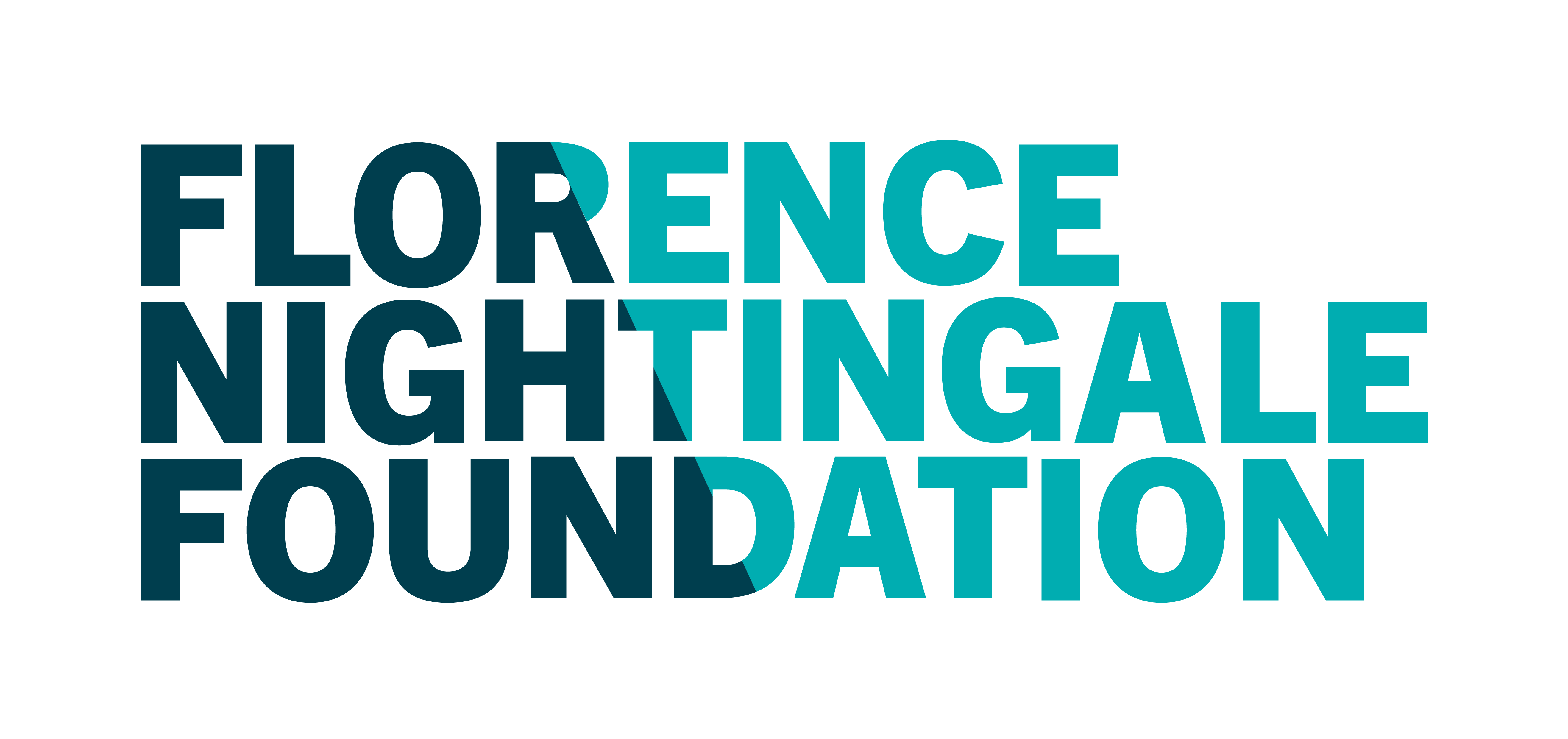AU1.1 – Background to Allies
What is your understanding of being an Ally?
- Do you know what an ally is?
- Do you see yourself as an ally?
- Have you ever been supported by an ally?
- Have you ever supported as an ally?
- Would you feel safe acting as an ally?
The Guide to Allyship
Below is a few snippets from Amélie Lamont’s Guide to Allyship. If you would like more information, please visit her page. Used here with permission.
To be an ally is to:
- Take on the struggle as your own.
- Transfer the benefits of your privilege to those who lack it.
- Amplify voices of the oppressed before your own.
- Acknowledge that even though you feel pain, the conversation is not about you.
- Stand up, even when you feel scared.
- Own your mistakes and de-center yourself.
- Understand that your education is up to you and no one else.
UWE Student video – Racism on Placement
A number of different accounts of student nurses talking about their problems with racism whilst working on placement at NHS Hospitals.
Being an Ally
Being an ally is hard work
Many would-be allies fear making mistakes that could have them labeled as “-ist” or “-ic” (racist, sexist, transphobic, homophobic, etc). But as an ally, you’re also affected by a system of oppression. This means that as an ally, there is much to unlearn and learn—mistakes are expected. You need to own this as fact and should be willing to embrace the daily work of doing better.
As an ally, you need to own your mistakes and be proactive in your education, every day.
| The Dos | The Don’ts |
|---|---|
| Own your comments and actions | Make assumptions about people |
| Understand we can all make mistakes | Use stereotypes |
| Make a sincere apology | Blame the individual because they are upset |
| Get to know people before you start using one-liners | Get angry and defensive |
| Treat people as you would want to be treated, if you were them | Look for support from others in a group setting |
| Learn from mistakes | Ignore the fact that you may have caused offence |
| If you’re not sure what to say…ask | Laugh off mistakes like nothing has happened |

An ally is someone who is trustworthy and who will have your back no matter what.
be a good human being to other person who is in need- ALLY
Someone who’s standing up for support & encourages the people
some willing to assist and support in an ongoing effort
Voice to the voiceless
the one who stands up for those who are struggling and amplifies their voices (and NOT his/hers)..
to treat everyone equally and raise your voice ,there will be always someone to listen.
That person who stands up for others and fight for their interest despite his own pains or concerns is an ally.This means watching others back and being your brothers keeper irrespective of race or other differences.
An ally is one who supports you and has got your back no matter what.
An ally provides support and always has one’ best interest
An ally is an individual who stands up the oppressed and helps magnify their grievances.
An ally is someone who helps and supports someone else
An ally is someone who is supportive and non judgemental specially when we need help.
An ally is someone who supports, challenges inequality and injustices, and educates.
An Ally is someone who is trustworthy, listens and supports. Treats people like they would want to be treated
Be the voice for the many.
Ally is who will be on your side to support you